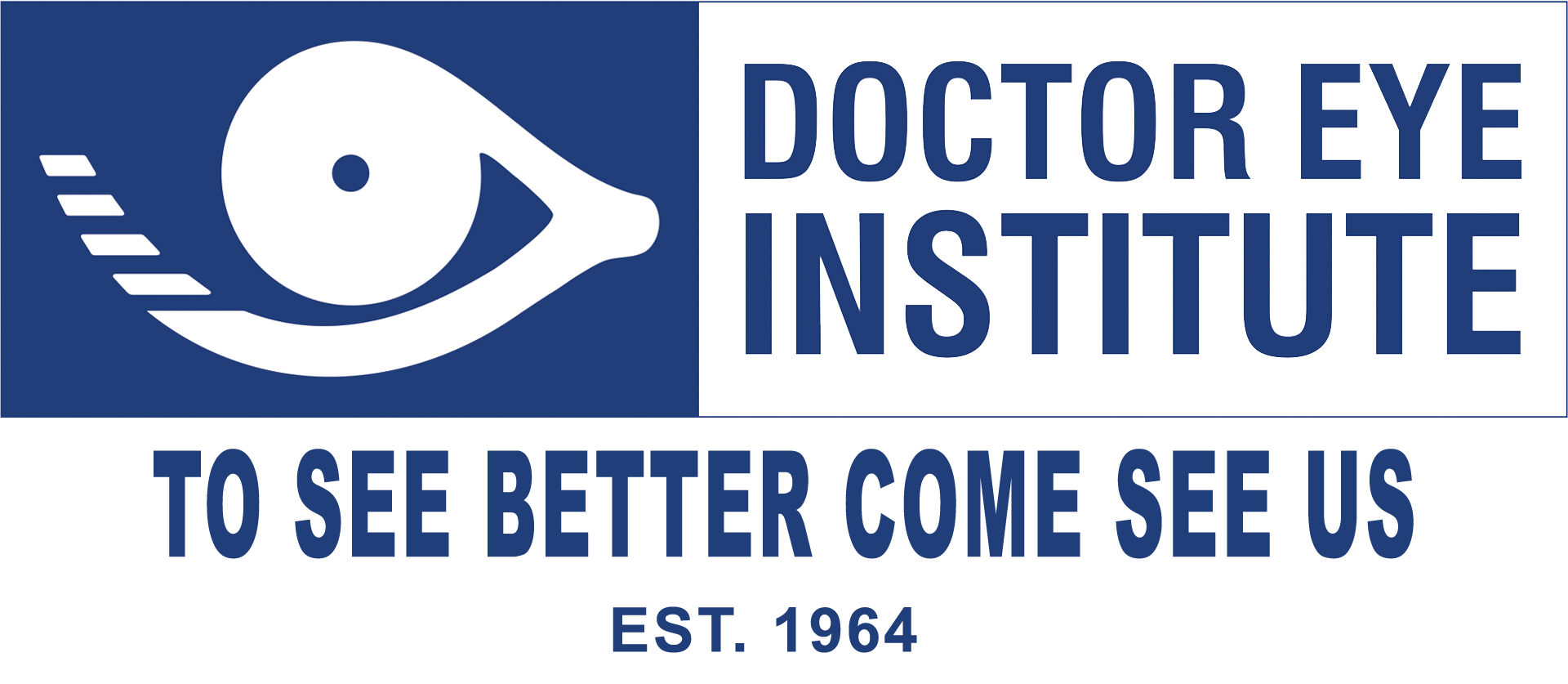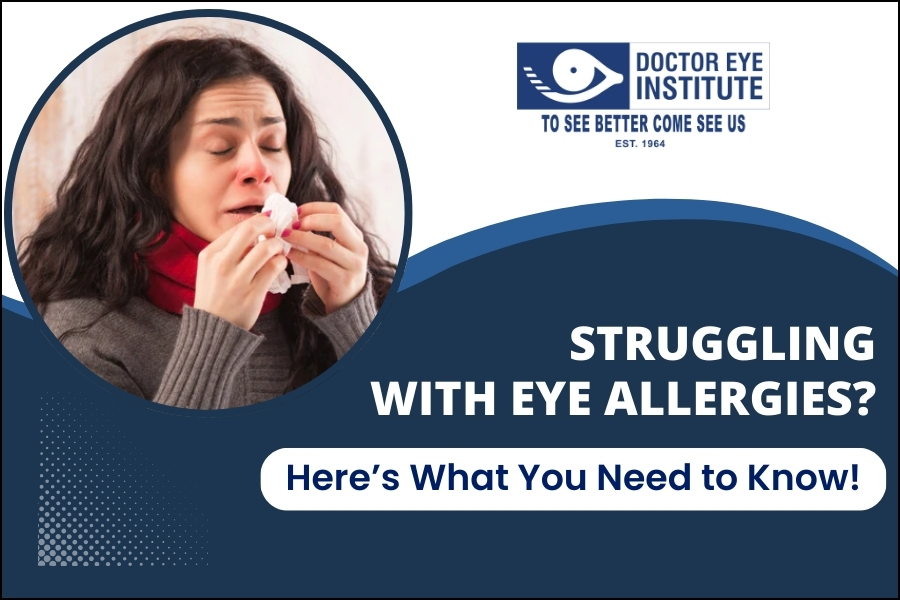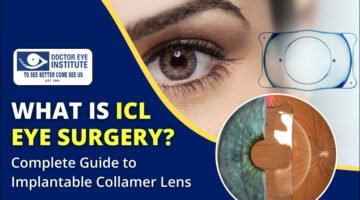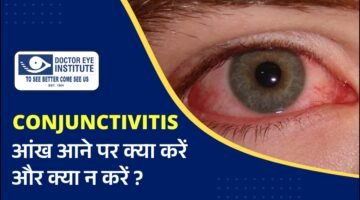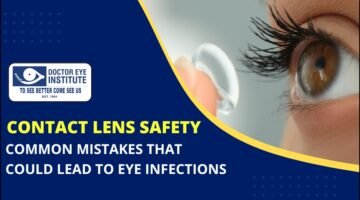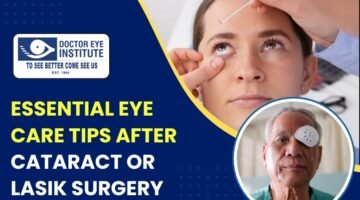Eye allergies, also known as allergic conjunctivitis, are a common condition affecting millions of people worldwide. They occur when the eyes react to irritants, leading to redness, itching, and discomfort. If left untreated, eye allergies can interfere with daily activities and overall eye health.
What Causes Eye Allergies?
Eye allergies develop when the immune system overreacts to a foreign substance.
Common triggers include:
– Pollen (from trees, grass, and weeds)
– Dust mites (found in bedding, carpets, and upholstery)
– Pet dander (from cats, dogs, and other animals)
– Mold spores (common in damp areas)
– Dry eyes (dryness in eyes can exacerbate allergies)
– Extended contact lens wear
– Smoke and air pollution
– Perfumes and cosmetics
When these allergens come into contact with the eyes, the body releases histamines, leading to inflammation and irritation.
Signs and Symptoms of Eye Allergies
Recognizing the symptoms of eye allergies can help in early diagnosis and treatment. Common signs include:
– Redness (bloodshot eyes)
– Itching (persistent urge to rub the eyes)
– Watery discharge (excessive tearing)
– Swollen eyelids
– Burning sensation
– Sensitivity to light
Unlike bacterial or viral conjunctivitis, eye allergies are not contagious but can be highly uncomfortable. If symptoms persist or worsen, consult an eye specialist in Andheri for proper evaluation.
Effective Treatment Options for Eye Allergies
Managing eye allergies involves a combination of avoidance strategies, medications, and professional care. Here are some effective treatment options:
1. Avoidance of Allergens
– Keep windows closed during high pollen seasons.
– Use air purifiers to reduce indoor allergens.
– Wash hands and face after being outdoors.
– Avoid rubbing the eyes, as it can worsen irritation.
2. Prescription Treatments
– Steroid eye drops (for short-term inflammation control)
– Mast cell stabilizers (prevent histamine release)
– Immunotherapy (for long-term allergy management)
3. Home Remedies
– Apply a cold compress to reduce swelling.
– Use hypoallergenic makeup and skincare products.
– Maintain clean bedding to minimize dust mites.
Prevention Tips
– Keep windows closed during pollen season.
– Clean your home regularly to reduce dust and pet dander.
– Replace air filters frequently.
– Wear sunglasses to block pollen or dust outdoors.
How are eye allergies treated?
The main approach to treating eye allergies is to avoid or reduce exposure to the allergen that’s triggering the reaction. To do this effectively, it’s important to know exactly what you’re allergic to. If needed, an allergist can carry out skin or blood tests to identify the specific allergens responsible.
When to See an Eye Specialist?
It is important to consult an eye specialist if you experience any of the following symptoms:
– Severe eye pain or changes in vision
– Redness that persists for more than a day
– Excessive itching
– Stringy or ropy discharge from the eyes
– Pain and swelling in the eye area
For expert diagnosis and personalized treatment, visit Doctor Eye Institute, the leading eye hospital in Andheri, Mumbai specializing in allergy-related eye conditions, cataract surgery, LASIK, and comprehensive eye care.

